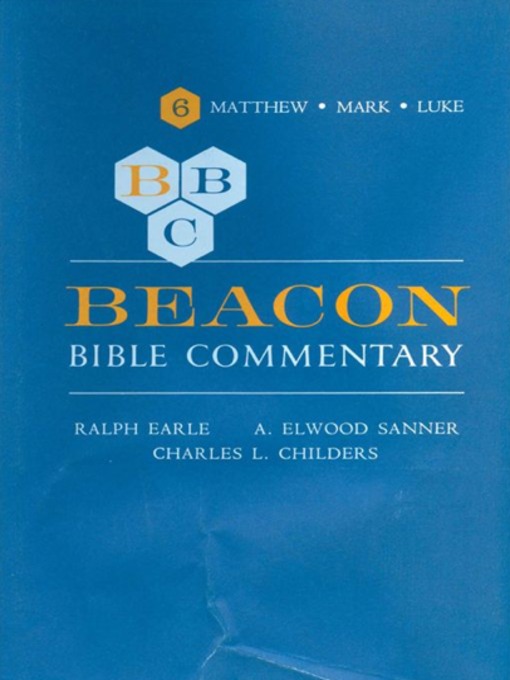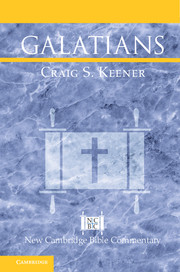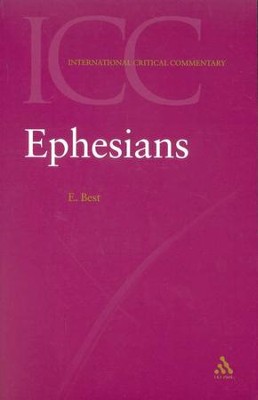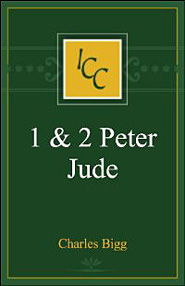
 Volume 6: Matthew Through Luke
Volume 6: Matthew Through Luke
 Volume 6: Matthew Through Luke (BCC)
Volume 6: Matthew Through Luke (BCC)
 Mark (NCBC)
by
Darrell Bock
Mark (NCBC)
by
Darrell Bock
 Volume 6: Matthew Through Luke (BBC)
Volume 6: Matthew Through Luke (BBC)
 Gospel According to St John (BNTC)
by
Andrew Lincoln
Gospel According to St John (BNTC)
by
Andrew Lincoln
 Acts Vol. 1: 1-14 (ICC)
by
C. K. Barrett
Acts Vol. 1: 1-14 (ICC)
by
C. K. Barrett
 Romans: A New Translation with Introduction and Commentary
by
Joseph A. Fitzmyer
Romans: A New Translation with Introduction and Commentary
by
Joseph A. Fitzmyer
 A Shorter Commentary on Romans by Karl Barth
by
Maico M. Michielin
A Shorter Commentary on Romans by Karl Barth
by
Maico M. Michielin
 Commentary on the Epistle to the Romans, Books 6-10
by
Origen; Thomas P. Scheck (Translator)
Commentary on the Epistle to the Romans, Books 6-10
by
Origen; Thomas P. Scheck (Translator)
 Romans
by
Sanday and Headlam
Romans
by
Sanday and Headlam
 Galatians
by
Craig S. Keener
Galatians
by
Craig S. Keener
 Commentaries on Galatians, Philippians, Colossians and Philemon
by
J. B. Lightfoot
Commentaries on Galatians, Philippians, Colossians and Philemon
by
J. B. Lightfoot
 Ephesians
by
Ernest Best
Ephesians
by
Ernest Best
 The Letters to the Thessalonians: A New Translation
by
Abraham J. Malherbe
The Letters to the Thessalonians: A New Translation
by
Abraham J. Malherbe
 Thessalonians, Vol. 2: 8-13
by
James E. Frame; Samuel R. Driver (Editor); Charles A. Briggs (Editor); Graham I. Davies (Contribution by); Christopher M. Tuckett (Contribution by)
Thessalonians, Vol. 2: 8-13
by
James E. Frame; Samuel R. Driver (Editor); Charles A. Briggs (Editor); Graham I. Davies (Contribution by); Christopher M. Tuckett (Contribution by)
 1 and 2 Thessalonians
by
Linda McKinnish Bridges
1 and 2 Thessalonians
by
Linda McKinnish Bridges
 Epistles Of St. Peter And St. Jude
by
Charles Bigg
Epistles Of St. Peter And St. Jude
by
Charles Bigg
 Epistles Of St. Peter And St. Jude
by
Charles Bigg
Epistles Of St. Peter And St. Jude
by
Charles Bigg
 Revelation
by
Gordon D. Fee
Revelation
by
Gordon D. Fee